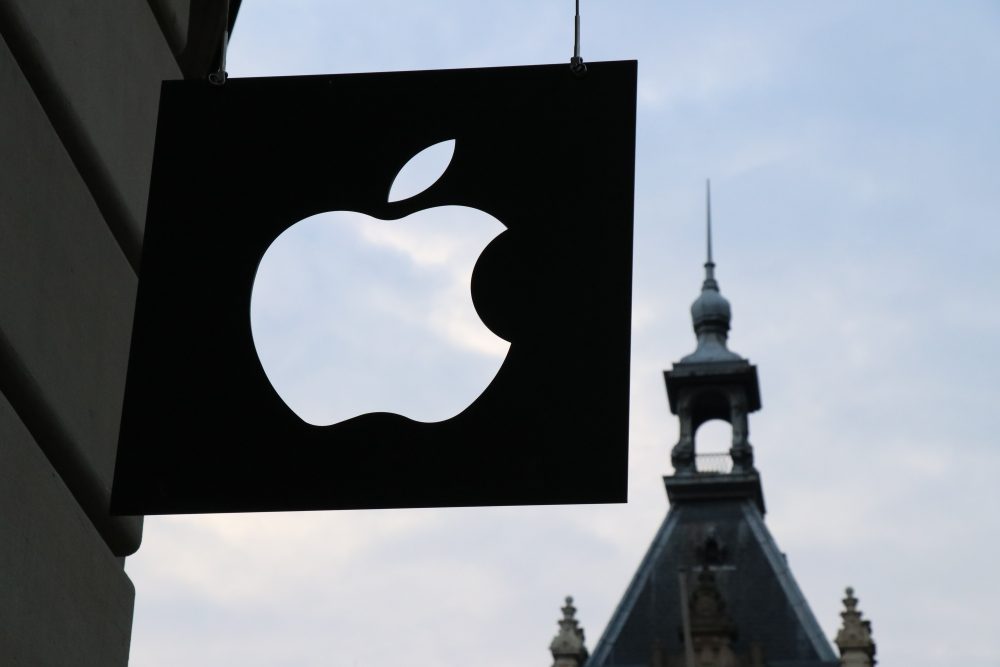December 2018
Our firm bought Apple shares for clients’ portfolios in 2013, and we are used to being a contrarian voice when it comes to the stock (read here and here) — we loved it when it was hated. Now we are contrarian again — this time going against the company’s faithful.
Here are key reasons why we sold our entire Apple stake just last week:
The iPhone, though indispensable, is a mature product. Since introduction of the iPhone X, as been raising prices on iPhones. For instance, last quarter iPhone sales jumped 24% despite the number of iPhones sold not changing — all growth came from higher iPhone prices. Smartphone penetration is high globally, and thus most of the growth currently comes from replacement phones. Higher prices and lack of significant incremental improvements will likely lead to elongation of the replacement cycle from two years to three (or possibly four).
Recently Apple announced that it will stop disclosing iPhone and iPad shipments. There is only one way to read this news: The iPhone is a mature, middle-aged product with a wife and two kids. Apple’s management is desperately trying to create the narrative that it is becoming a service company. The second line of Apple’s quarterly press release says, “Services Revenue of $10 Billion Reaches New All-Time High.” Apple is trying to monetize its enormous installed base of iPhones, iPads, and Macs by selling digital goods and services to their owners.
This is where we lost optimism further. Apple has done a good job of selling digital goods (apps, movies, music, space) in its digital store, but so far it has proved to be a lousy services company. Its iCloud (email, calendar, data storage) and Apple Maps have been either outright failures or much-inferior products. Apple’s email (originally known as MobileMe) and iCloud data-storage service were basically rendered irrelevant by Google’s Gmail and Google Drive (and Dropbox). Apple Maps is only in business because it is the default map software in the iPhone. Google is light years ahead in accuracy when it comes to maps — just ask anyone who ever tried using Apple Maps.
In addition to Google, Apple competes in services with another giant, Amazon.com, which is spending hundreds of millions of dollars on movies and music. Apple’s streaming music service was initially a disaster. In all fairness, it has improved, but today it is fighting an uphill battle because Apple’s walled-garden approach doesn’t allow Apple Music to work on Amazon’s and Google’s speakers. This gave plenty of breathing room for competitors, who otherwise would not have had a chance.
Then there is Siri. In the beginning it was the smartest digital voice assistant, but not anymore. Not to be disrespectful to Siri, but its IQ has been dropping rapidly in comparison to Amazon’s and Google’s assistants. Google and Amazon opened the APIs (application programming interfaces) of their digital voice assistants to other developers, and soon every appliance in your house will be responding to “Hey Google” and “Alexa.”
There are several reasons why Apple has done so poorly in services. First, it’s a product company. Macs, iPhones, and iPads are incredibly complex devices that, though they are packed with software, are released every year or every few years. Services are software — they almost require gradual, even daily improvement. You release an imperfect product and then keep improving it with continual releases. This approach seems to go against Apple’s DNA.
The second and even more important point is that Apple is facing innovator’s dilemma: Today two-thirds of Apple revenues come from the iPhone, and for that beast to survive it requires a walled garden. This is why Apple’s music doesn’t work on Amazon’s or Google’s speakers. Oh, and what about Apple’s speakers? Apple predictably took a “premium” strategy with its speakers, a strategy that worked great with Macs, iPhones, and iPads. However, the strategy has failed in the case of speakers because Apple’s product is several times more expensive than the “good enough” offerings from Google and Amazon. Moreover, the walled-garden strategy has backfired here. For instance, Apple speakers will not play Spotify, an incredibly popular music service with 75 million paying users and 150 million active users that competes with Apple’s Music. Thus, to protect its iPhone cash cow, Apple services is fighting with one arm tied behind its back.
As shareholders, we became concerned about future sales of the iPhone and not highly confident that Apple’s service strategy will bear fruit, and herein lies the biggest problem for Apple: It needs a new huge product category. (The Apple Watch was a mildly successful product, but in the context of $265 billion of sales, it was a rounding error.) A car was supposed to be that category — it’s the largest product category globally — but, according to the New York Times, Apple has changed its car strategy several times and has basically given up on that category.
When Apple stock was lower, we did not have to worry as much about slower growth, but now we do — so we got out.









apple is up huge! did you make a mistake?